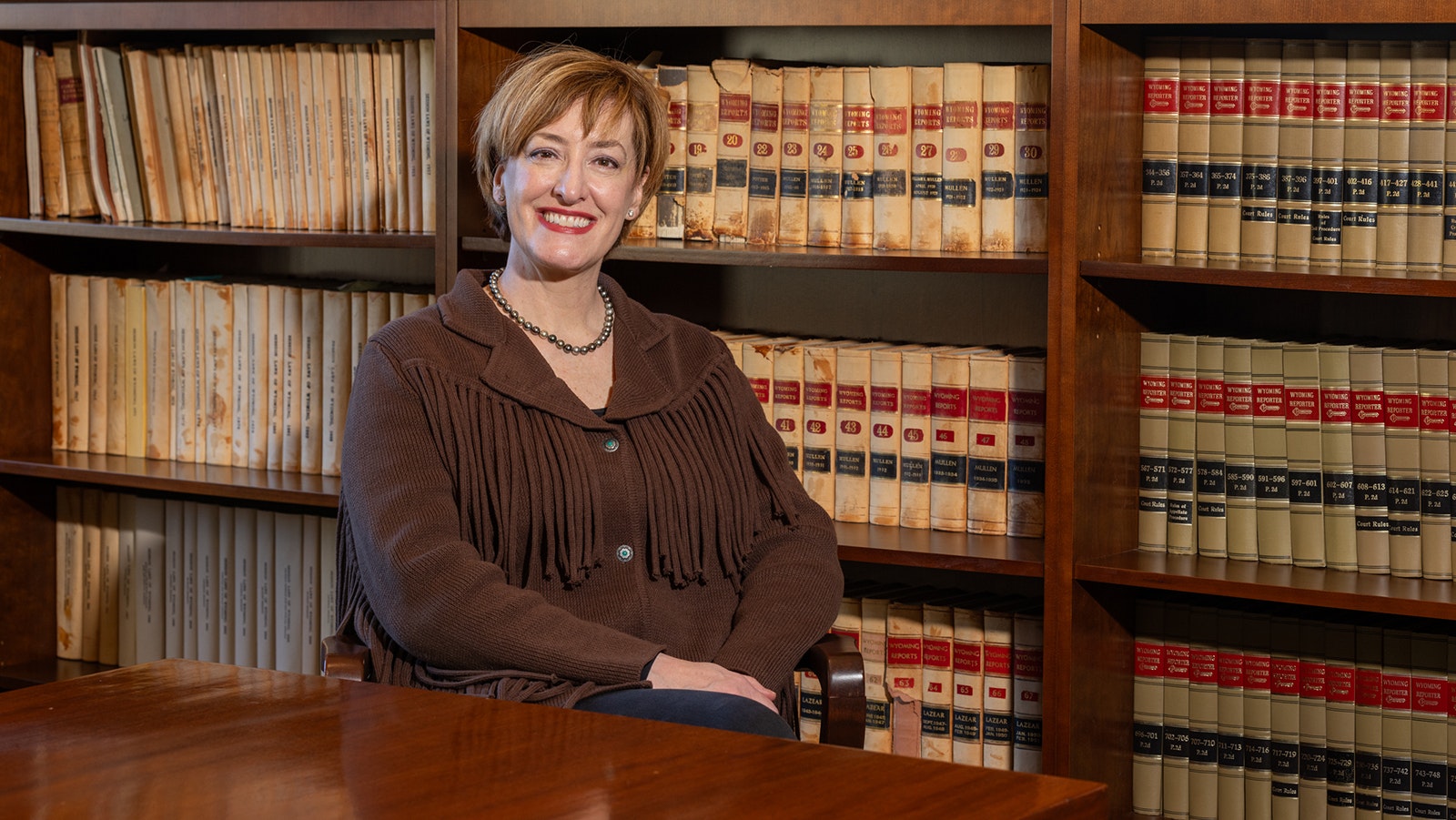Wyoming’s Custodia Bank isn’t messing around with its appeal of a recent decision that shut the state-chartered bank out of the Federal Reserve System.
The digital asset banking company has hired two high-caliber attorneys to hunt for a win, both of whom were formerly high-profile government officials.
They are Ian Gershengorn, acting solicitor general during the Barack Obama administration, and Michelle Kallen, the former solicitor general of Virginia.
Gershengom, in his role as U.S. Solicitor General, supervised government briefings for U.S. Supreme Court cases and has argued before the Supreme Court 17 times, including the landmark McGirt case, which determined that criminal cases involving tribal members on tribal lands should not be tried in state court. He also mounted a successful defense of broad constitutional challenges to the Indian Child Welfare Act.
Kallen handled several multistage lawsuits against the federal government and has argued more than two dozen appeals. She has recently drafted briefs for the Blockchain Association and the Crypto Council For Innovation, as well as U.S. Sen. Cynthia Lummis, R-Wyoming.
“This team brings a deep understanding of federalism issues,” Custodia Bank Founder and CEO Caitlin Long told Cowboy State Daily. “As well as extensive experience in federal regulation of the digital asset industry. They also have a stellar appellate track record in government controversy cases.”
States’ Rights Issues At Stake
While Custodia Bank has more often been getting support from Republican politicians during its stormy existence, the addition of two such high-profile attorneys with deep Democratic roots suggests a bipartisan flavor to the case.
In fact, Long has posted often on X (formerly Twitter) about the state’s rights that are entangled in their case, and Wyoming itself sought to join Custodia’s case because of the precedent it sets for its other state-chartered banks.
Attorney General Bridget Hill and her staff wrote in their brief that the Federal Reserve’s statements about Custodia are equally true for every state-chartered Wyoming Special Purpose Depository Institution, and that the statements “demonstrate the Kansas City Fed’s disdain for and disparagement of Wyoming’s statutory and regulatory banking regime.”
State Sen. Chris Rothfuss, D-Laramie, has also talked about how the ruling denying Custodia Bank’s application to the Federal Reserve system undercuts the nation’s two-tiered banking system which, until now, had been interpreted too say that duly authorized, state-chartered banks could access the Federal Reserve’s services directly, just as federal banks do, through a master account.
The situation has been particularly disappointing to Rothfuss and other lawmakers involved in crafting the SPDI legislation given that the Wyoming legislators held more than 100 meetings with the Kansas City Federal Reserve to craft the state’s digital bank legislation.
Their goal all along has not been to skirt Federal Reserve authority, but to work with the federal agency on boxing out bad actors, while creating a legal framework that would protect consumers and foster financial sector innovation.
Ultimately, their aim is to capture responsible players in the digital asset industry, like what South Dakota did about 40 years ago with the credit card industry, which also faced stiff opposition at the time.
South Dakota forged ahead anyway and succeeded in a big way in diversifying that state’s economy. Today, South Dakota is still the headquarters for many credit card companies.
Operation Chokepoint 2.0?
Long has also posted to social media often about the idea that what’s taking place presently in the digital asset industry is part of a second Operation Chokepoint, referring to a 2013 initiative that sought to de-bank politically incorrect businesses, like firearms dealers, payday lenders and other entities. At the time, the Obama administration said that even though these businesses were operating legally, they posed higher risks for things like fraud or money laundering.
Long is not the only one who thinks this is another Operation Chokepoint.
Former state Rep. Tyler Lindholm, who was involved in helping to write some of Wyoming’s digital asset laws, has told Cowboy State Daily that he, too, believes the digital asset industry is being targeted and restricted to favored federal banks like those in New York — some of which have been allowed to offer services like those Custodia had proposed.
Lindholm also believes that part of the situation was brought on because the nation is approaching presidential campaign year, and Sam Bankman-Fried, co-founder and ex-CEO of bankrupt cryptocurrency exchange FTX, was a huge donor to the Democratic Party. He was found guilty of wire fraud and conspiracy in 2023, after his company collapsed.
“Because Biden accepted dollars from a fraudster, the state of Wyoming is going to be left on the hook, even though we did everything 100% correct,” Lindholm said. “We consulted with the Federal Reserve. We consulted with our own chartering process, with our state banking board, and the Division of Banking. We checked all of those boxes.”
Renée Jean can be reached at renee@cowboystatedaily.com.





